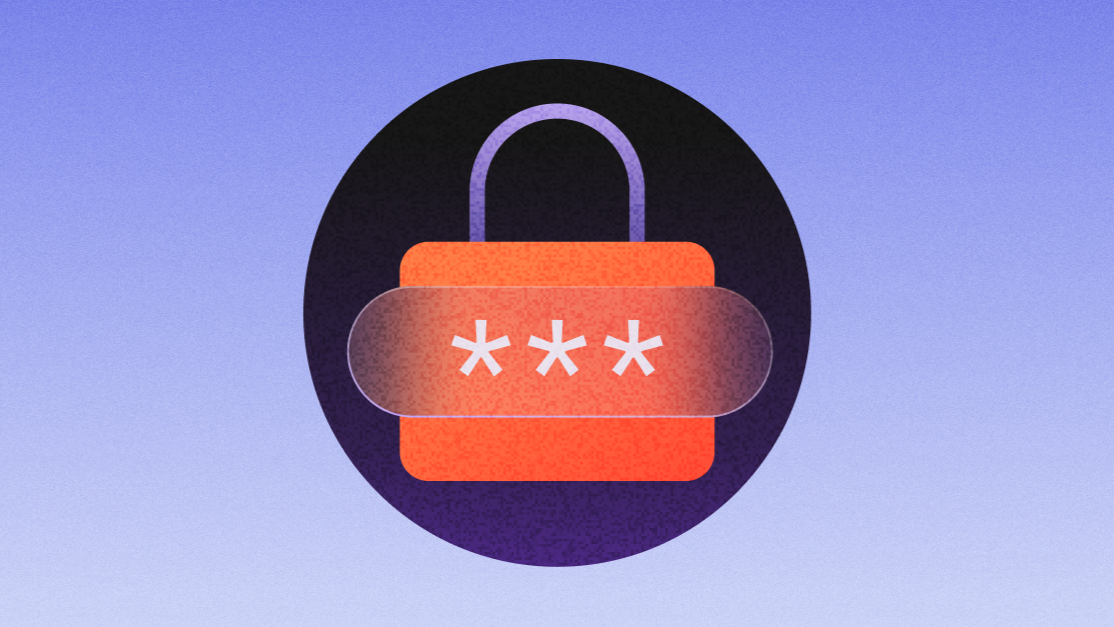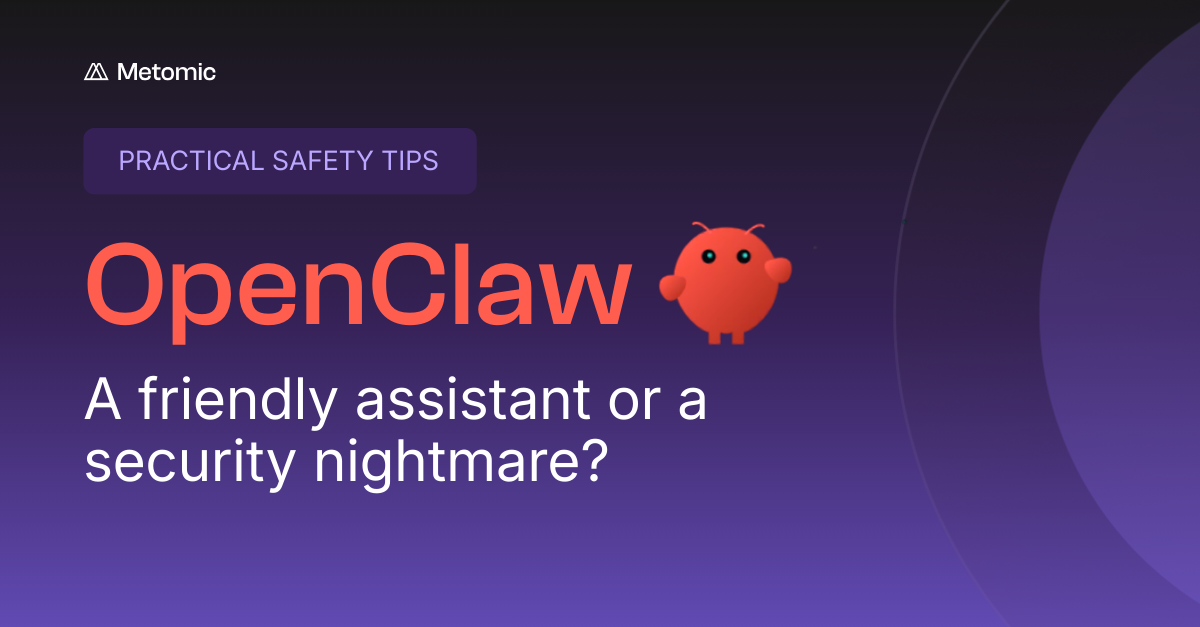The End of the Public Link Era
For years, public links felt like magic. One click, instant collaboration. But AI just switched the lights on - and every forgotten link is now a liability waiting to be discovered. The era of “get link” is over. If companies want speed without exposure, secure, dynamic sharing has to replace convenience-at-any-cost.

The End of the Public Link Era
For years, public links felt like magic. One click, instant collaboration. But AI just switched the lights on - and every forgotten link is now a liability waiting to be discovered. The era of “get link” is over. If companies want speed without exposure, secure, dynamic sharing has to replace convenience-at-any-cost.

If you’ve worked in a company that uses Google Drive, Box, or pretty much any SaaS file store in the last ten years, you’ve seen the magic button.
“Get link.”
A single click, and suddenly your document is available to your whole organisation. Maybe even to the whole internet. One link to rule them all. No faffing about with access controls, no painstaking list of who should be invited. Just copy, paste, share.
Simple. Effortless. But nothing’s ever quite that simple.
For more than a decade, collaboration platforms have rewarded ease over rigour. The simple act of clicking “get link” in Google Drive or another SaaS tool became the default way to share. That single choice, repeated thousands of times across an organisation, has left a trail of exposure. What once felt like harmless convenience has turned into a systemic challenge for security leaders.
Public links transformed the way companies worked. They removed friction, encouraged sharing, and accelerated projects.
They also bypassed discipline.
The problem with links that never die
Public links can be revoked — but not forgotten.
Once a file is shared, it can be ingested, cached, or archived faster than you can hit “undo.” Post a link in Slack, and every bot in the channel may crawl it in a millisecond. Put one on a public page, and it’s likely already indexed, scraped, and stored.
Furthermore, a link doesn’t understand for what purpose it was shared. A link created in 2015, still alive today, points to a file that has morphed ten times since. What started life as “Q4 planning notes” is now “Salary bands 2024.” But the link? Same as it ever was. Everyone who could access it back then can access it now, even though the content is nothing like what they signed up for.
It’s like leaving the key to your house under the doormat. For a decade. And then acting surprised when someone walks in.
This problem is not new, but the risk profile is changing fast.
AI has switched the lights on
Now, for years, this problem lurked in the background. The files were technically accessible, but unless you knew exactly where to look, you were unlikely to stumble across them.
Now? The game has changed. Gemini, Copilot, ChatGPT Enterprise, Notion AI, Perplexity, even the sneaky AI features creeping into Slack and Asana, they all exist to do one thing: make buried content instantly discoverable.
What was once hidden behind folder structures and forgotten links is now fully searchable context for any AI.
“Security by obscurity” was never a good strategy. Now that obscurity itself has vanished, it’s an even worse one.
Now you don’t need to know where a file lives. You just need to ask the right question. The AI rummages through the attic, digs under the sofa cushions, and delivers the answer on a silver platter. The intern can now summon the CEO’s old “notes to self” from 2019 with a casual query.
That’s not shadow IT. That’s sunlight IT. Everything out in the open, whether you wanted it or not.
We need to retire the “get link” era
Not by slowing people down, but by rethinking what secure collaboration looks like in 2025. That means:
- Sharing with individuals and groups, not faceless public links.
- Treating access as dynamic — permissions evolve as documents evolve.
- Stress-testing what AI can surface, not just what humans can click into.
At Metomic, this is exactly where we’re focused: helping companies see where their sensitive data actually lives across SaaS, putting guardrails around it, and nudging employees into better habits without killing productivity. Because collaboration should not come at the cost of control.
The tools of the last decade made sharing effortless. AI has made discovery effortless. Now the responsibility is on us to make security effortless too.
Secure sharing must be the new standard
The end of the public link era is not about slamming doors shut. It’s about choosing which ones should stay open, and putting locks on the ones that never should have been. Get that balance right and people move faster, not slower — because they trust the system to keep pace with them.
The collaboration tools of the last decade gave us speed but left a trail of weak points. AI has stripped away the illusion of obscurity. Every document, every link, every overshared folder is now fair game for discovery. The organisations that accept this reality and build guardrails around it will keep their velocity.
The ones that don’t will spend the next decade explaining why “just a link” turned into their biggest breaches.



.png)
